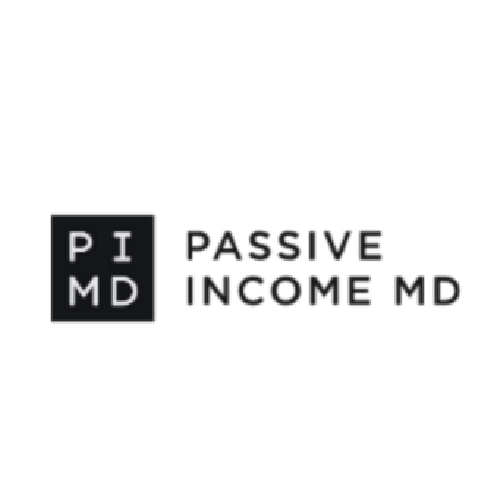Every year, many individuals find themselves in a dilemma: should they buy a home or rent? This decision can be influenced by various factors such as moving out of their parents’ place, a change in their relationship status, or relocating to a different state. Deciding to rent or buy involves careful consideration of different factors. In this article, we will explore the common problem of timing, and help you evaluate whether renting or buying is the right choice for you. We will discuss the pros and cons of both options, current market trends, average rent, purchase prices, and interest rates.
Pros & Cons of Renting & Buying
When deciding whether to rent or buy a home, it’s important to weigh the pros and cons of your situation. Determine which aspects of your life are non-negotiable and where you are willing to make concessions.
For example, a person in their early 20s who is no longer living in the dorms may choose to rent an apartment. This would allow them to enjoy the community that comes with a complex and take advantage of the amenities without the additional expenses of owning a pool/hot tub, a monthly gym membership, and the convenience of trash pick-up and less responsibility.
On the other hand, someone who is recently married with a baby on the way may decide they want something more stable, where they can have a sense of ownership and build equity. They may be looking for a larger space without the hassle of sharing walls with neighbors and having a dedicated parking space attached to their home.
It’s important to keep in mind that every scenario is unique, and many considerations must be evaluated when making this decision. One of the most important factors is the cost. Therefore, it’s essential to look at the average rental prices in the US and the average home-to-purchase cost.
Average Rent vs Average Home Mortgage
As of September 2023, the multifamily real estate industry in the US has maintained a healthy performance with the average rent showing a 1.5 percent year-over-year increase, up one dollar to $1,728, according to the latest Yardi Matrix survey of 140 metros. On the other hand, single-family rents increased by 0.5 percent year-over-year to $2,104, indicating a deceleration in the high-end segment.
According to the National Association of Realtors, the cost of buying a single-family home has risen. On average, the monthly mortgage, based on average 30-year mortgage rates and home prices, rose 85% over 20 months, from $1,212 in January 2022 to $2,243 in September 2023.
This demonstrates that buying a home costs roughly $500 more per month than renting. For many, $500 could be one or even two car payments, paying down debt, or even enjoying a weekend getaway. With the average housing mortgage being some of the highest in decades, many people choose to wait and continue renting. One of the driving factors for this high cost is interest rates.
How Interest Rates Impact Your Decision
With the interest rates higher than we have seen in the last decade, there is concern for the single-family sector. Doug Duncan, Fannie Mae’s Senior VP & Chief Economist says; “We expect the higher mortgage rate environment to continue to dampen housing activity and further complicate housing affordability into 2024.” The graph below demonstrates that in the last two years, interest rates have tripled, with continued hikes expected. This environment has people hesitating about locking in a 30-year mortgage with such a high-interest rate.

Top 10 Cities to Rent According to Forbes
Top 10 Cities:
- Chandler, Arizona
- Gilbert, Arizona
- Henderson, Nevada
- Plano, Texas
- Austin, Texas
- Minneapolis, Minnesota
- Lincoln, Nebraska
- Washington, D.C.
- Denver, Colorado
- Las Vegas, Nevada
Demand for Apartments Remain High
Studies show, that with housing prices still at a high from the pandemic, interest rates higher than they have been, and low inventory, people are choosing to rent over buy. Homeowners Today by Danny Lipford, found that between August 2022 and July 2023, rental prices are lower than monthly mortgage payments in 88 out of 96 major cities. They also asked over 1,000 renters about the obstacles to buying, and here were the results:
Millennials & Baby Boomers Leading the Charge
The U.S. is experiencing its lowest homeownership rate since 1995. This can be attributed to the 80 million Millennials who prefer to rent vs. buy as well as 70 million Baby Boomers ready to downsize and enjoy low-maintenance housing. With these two demographics leading the charge in combination with the economic outlook it bolsters the higher demand in renting.
Final Takeaways
So is renting or buying right for you? With most major cities having lower rental costs than home prices today, it may not be the right time to buy. As mentioned before, your situation is unique to you. A full evaluation of your finances, timing, budget, and expectations is crucial to your decision-making. As an average many people are choosing to wait and watch. They are waiting to see what happens with the economy- to see if the interest rates stabilize and hoping for home prices to come down.






















